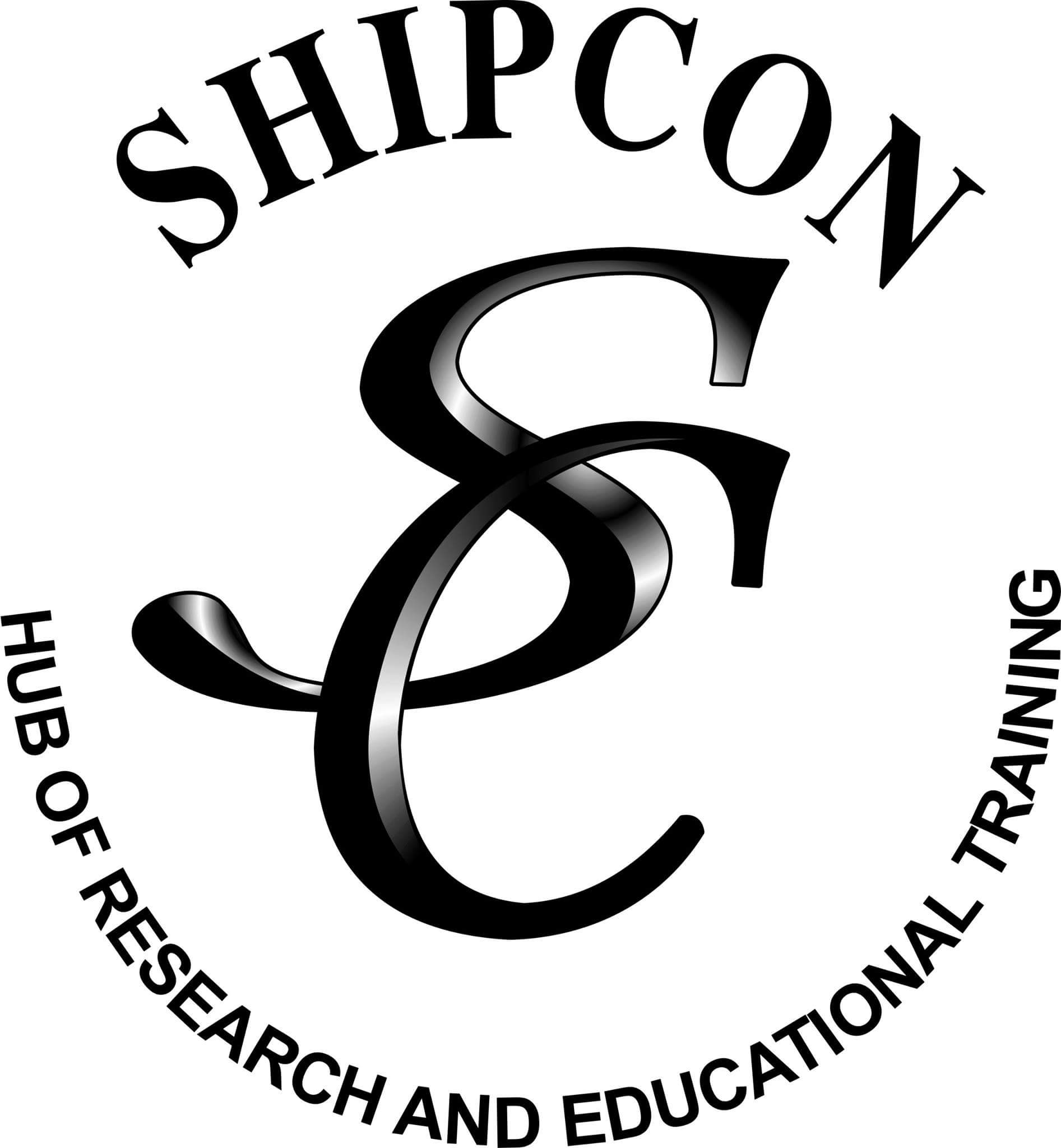DESCRIPTION

This course ‘Business English for educators: Finance and Economics’ is ideal for all educators (primary, secondary and university teachers, university staff (academic & admin), adult educators, trainers & coaches) who want to improve their level of spoken and written English. It is designed to provide the participants with speaking, reading and writing practice for both academic and professional purposes and to improve their overall proficiency in English language in a dynamic and communicative way, through individual, pair and group work.
Business English for Educators: Finance and Economics equips participants with the essential vocabulary and communication skills on finance and economics. This course focuses on key terminology, concepts, and practical language use, enabling educators to confidently deliver lessons, engage students, and navigate discussions in the field of business finance.
Upon completion participants will gain the knowledge of lexical and grammatical structures that will improve their academic and business communication. They should be able to demonstrate improved proficiency and built confidence in order to effectively participate in activities appropriate to academic and professional settings, which include making and delivering presentations, as well as participating in business meetings and other corporate events.
This course, although structured, is designed to be flexible and can be adapted to suit the specific needs of the participants.
Main Aims
• Improve communication skills in English
• Gain better understanding of English language and increase vocabulary and fluency
• Enhance self-confidence in spoken, as well as written English in both educational and business settings
• Seize opportunities for cooperation with peers at an international level
Why business English?
English is the most widely-used language in the world, in all aspects of communication whether spoken or written. For work, pleasure or study, the need to actively communicate in English is growing constantly and is based on increasing global connectivity and people’s desire to improve their life opportunities. Moreover, it is essential for education and all kinds of jobs whether government or private.
Nowadays, there are very few universities and colleges in the world where English is not the only language used for scientific research. Another reason that emphasizes its importance is the fact that it is very difficult for someone to apply to study abroad without the knowledge of English.
Needless to mention is that many employees nowadays are expected to demonstrate competence in English language and strong computer skills. The same goes for the use of internet in Education. Search engines and social media can prove to be the best places to gain information and updates about career and study programmes; to use them one must have at least basic knowledge of English, since 50 % of internet content is written in English.
Therefore, good command of English language is very important for both career and education, as well as for communication in today’s globalized social and working environments. It is not just the question of staying competitive, but also of remaining relevant.
Who to attend?
The course is ideal for:
- • School principals & directors (primary & secondary)
• Teachers (primary & secondary)
• Academic staff (tertiary)
• Directors working in a multi-national environment
• Managers
• Team leaders and team members
• Professionals interested in improving their English
• Trainers delivering courses/workshops in English
PROGRAMME OF THE TRAINING ACTIVITIES (DAY BY DAY)
DAY 1
– Introduction and course overview
– Individual expectations – setting up the course goals
– Soft skills and successful interaction in modern society
– Short presentation about general vs. business English
– Expanding professional vocabulary; discussing the need for business skills and knowledge of business terminology in education
– Setting up the task for individual or group presentations for the final day
DAY 2
– Question and Answer session for clarification of methods and language structures discussed on day 1
– Most common grammar structures used in formal writing and speaking (formal vs. informal style)
– Sentence and text formation
– Learning techniques and methods: developing speaking skills for workplace while practicing collaboration and teamwork
– Professional development
– Expanding professional vocabulary; discussing individual learning styles and teaching approaches – what kind of a learner/educator are you
DAY 3
– Question and Answer session for clarification of methods and language structures discussed on day 2
– Business correspondence
– Learning techniques and methods: developing writing skills for workplace; coherence and cohesion
– Learning techniques and methods: developing listening skills for workplace; using recordings of meetings and presentations
– Listening session (exercise)
– Expanding professional vocabulary; discussing do-s and don’t-s of business communication
DAY 4
– Question and Answer session for clarification of methods and language structures discussed on day 3
– Learning techniques and methods: developing reading skills for workplace – skimming and scanning
– Reading session (exercise)
– Practicing business vocabulary (exercise)
– Focus on pronunciation; the most common sounds of English language
– Expanding professional vocabulary; discussing creative and critical thinking and problem-solving
– Carrying out the week’s task: Developing one’s learning plan including methodology and materials
DAY 5
– Building self-confidence; using English in formal settings – i.e. business meetings, business correspondence, lectures, conferences,
– Body language (exercise)
– Delivery and Feedback
– Summary – goals review
– Reflections – Evaluation
DAY 6 (optional)
- – Tourism & Hospitality business vocabulary (outdoors case study
- – Task Delegation, Teamwork and Problem Solving at workplace (outdoors case study)Reflections
- – Evaluation on outdoors case studies
Click here for relevant resources on this masterclass course
METHODOLOGY OF THE COURSE – ADDED VALUE
The course methodology will ensure the active involvement of the participants in all phases, that is, prior, during and after the delivery of the course. More specifically, upon confirmation that the course will take place, the participants will receive preparatory material (if needed), which will cover all important concepts to be presented during the delivery of the course. The participants will have the opportunity to exchange feedback with the organiser of the course, ShipCon, and the trainer as well as to request any clarification related to the content of the course.
The methodology of the training is based on a combination of three important elements:
- Provision of knowledge required (theory)
- Use of training tools, such as case studies, videos, games, animations & exercises (practice – hands on experience)
- Feedback/reflection (review)
During the delivery of the course, the participants will receive hard copy material, which will cover the content to be presented in all five (5) days of the seminar. The material will be presented in a form of Power Point (PPT) presentations, videos & animations. Moreover, the active involvement and hands on experience of the participants will be secured through various training tools, such as case studies, worksheets, scenarios & exercises. These training tools are necessary to ensure that the theoretical knowledge gained by the participants can be used in real life scenarios; an important aspect & added value for any training course.
At the final day of the course, the participants will have the opportunity to reflect on the information received and the experience gained in the specific field of study. Moreover, the participants and their institutions will be encouraged to be members of ShipCon ‘Network of Excellence’, an international hub and forum for entrepreneurs & innovators to exchange ideas, novel concepts/approaches & best practices in the area of environment and education.
BENEFITS TO PARTICIPANTS – SKILLS & COMPETENCES
The course is ideal for a wide range of educators/teachers and professionals who wish to improve their English language skills. The course is for teachers/educators who have an Intermediate (B1) level of English and wish to improve their oral fluency in English as well as their capability to participate actively in business meetings, where English is the official working language.
Upon completion, participants in this course will be able to:
- Improve their oral fluency in English including phrasing, intonation and rhythm
- Speak English more articulately
- Be capable to participate in business meetings where English is the official language
- Gain self-confidence in speaking in formal settings where English is the working language.
- Lead/manage effectiveyly multi national working environments
- Present working papers & presentations in seminars, conferences & symposia
- Master essential finance and economics terminology in English
CERTIFICATIONS AWARDED
- Certificate of attendance & certificate of competence (skills & competences required – Europass CV)
- Europass mobility certificates – to be issued by the applicant’s National Authority (NA)
| Date | Location | Status | Register |
|---|---|---|---|
| 04.11.2024 – 09.11.2024 | Limassol – Cyprus | CONFIRMED |
